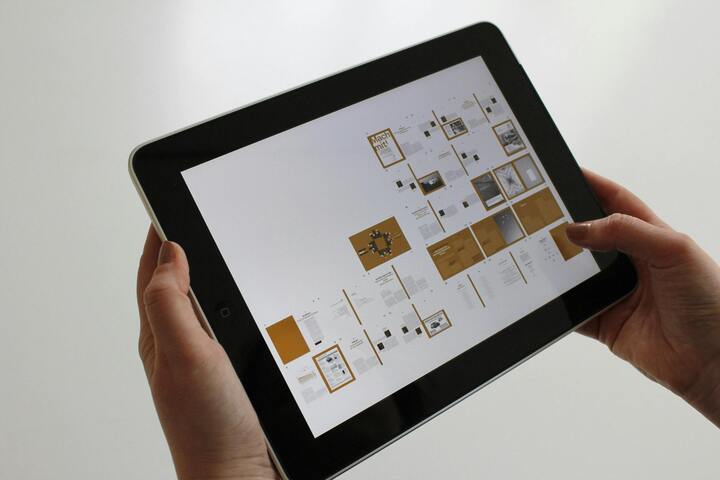The Role of Media in Shaping Modern Society
-
Intensive Outpatient Programs offering flexible, structured care to address various mental health conditions. IOP Programs Los Angeles
-

Media plays a critical role in shaping the perceptions, attitudes, and behaviors of modern society. From traditional outlets like newspapers and television to digital platforms like social media, the influence of media is undeniable. In this article, we explore the impact of media on society, its evolution over time, and its role in cultural and political discourse. Additionally, we examine emerging trends, including the rise of "prothots" in contemporary online media culture.The Evolution of Media
Media has undergone significant changes over the past century. Traditional print media, which dominated the 20th century, has largely transitioned to digital formats. Television and radio, once primary sources of information and entertainment, now share the stage with streaming platforms and social media channels.
This evolution has led to a democratization of information. Today, anyone with a smartphone can access news, share opinions, or create content, shifting the power from a few large corporations to individual creators and influencers.
Media's Role in Society
- Information Dissemination
Media serves as the primary source of news and information. From breaking news to investigative journalism, it keeps the public informed about local and global events. - Cultural Reflection
Media mirrors societal values and trends. It highlights cultural shifts, amplifies voices, and showcases diverse perspectives, fostering a sense of community and shared identity. - Political Influence
Media plays a pivotal role in political discourse. Through debates, coverage of political events, and investigative reporting, it influences public opinion and even election outcomes.
The Rise of Online Personas and Prothots
In the digital age, new trends and terminologies have emerged, reshaping how media is consumed and created. One such trend is the rise of "prothots," a colloquial term referring to individuals who leverage provocative content online to build a personal brand or gain social influence.
Platforms like Instagram, TikTok, and OnlyFans have provided avenues for these creators to monetize their content, often blurring the lines between entertainment and personal branding. This trend has sparked debates about the ethics of online personas, the objectification of creators, and the impact on younger audiences.
Critics argue that this phenomenon perpetuates unrealistic beauty standards and encourages materialism. Supporters, however, view it as a form of empowerment, enabling individuals to take control of their narratives and financial independence.
Challenges Facing Modern Media
- Misinformation
The rapid spread of fake news and misleading information is a significant concern. Media outlets must work harder to verify sources and maintain credibility. - Content Saturation
The sheer volume of content available can overwhelm audiences, making it difficult to discern valuable information from noise. - Algorithmic Bias
Social media algorithms often create echo chambers, limiting exposure to diverse viewpoints and fostering polarization.
Conclusion
The media landscape continues to evolve, reflecting the complexities of modern society. While trends like "prothots" challenge traditional norms, they also highlight the need for nuanced discussions about ethics, representation, and empowerment. As consumers, it is essential to engage with media critically, seeking diverse perspectives and prioritizing reliable sources.
In a world increasingly defined by digital interactions, media remains a powerful force that shapes how we see ourselves and the world around us.
- Information Dissemination







